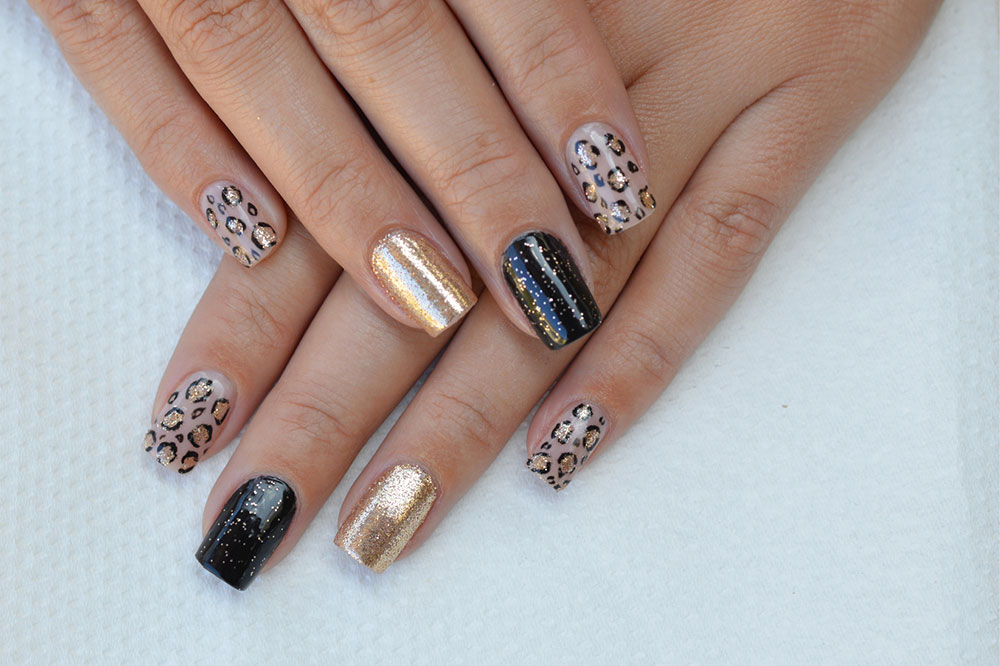8 Foods for Healthy Hair, Skin, and Nails

For most people, achieving healthy hair, skin, and nails involves visiting a beauty salon for cosmetic treatments. However, it’s crucial to remember that what we put inside our bodies is more important than what we put on them. Thus, consuming nutritious food is vital to provide the body with the necessary minerals, vitamins, and nutrients for maintaining healthy skin, hair, and nails. Additionally, keeping the body hydrated by drinking enough water is equally crucial.
How does food impact hair, skin, and nails?
Skin, hair, and nails are made of different elements. For example, the fingernails and hair are made of keratin. So if keratin production is not regulated in the body, a person will have dull hair and brittle nails. In such cases, eating foods rich in biotin is usually recommended. It boosts keratin production in the body and promotes follicle growth.
Similarly, Vitamins A, E, and D, iron, healthy fats, carbohydrates, and protein are also essential for skin, hair, and nail health. When one eats foods rich in healthy fats, the body can lock in enough moisture making them radiant.
On the contrary, not eating foods rich in these nutrients can worsen the skin, nails, and hair condition. For example, it has been observed that eating foods that are low in carbohydrates can lead to hair thinning, making them brittle.







